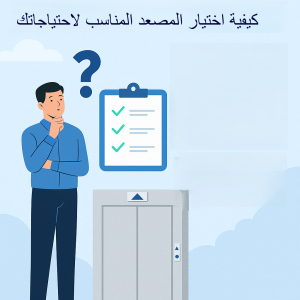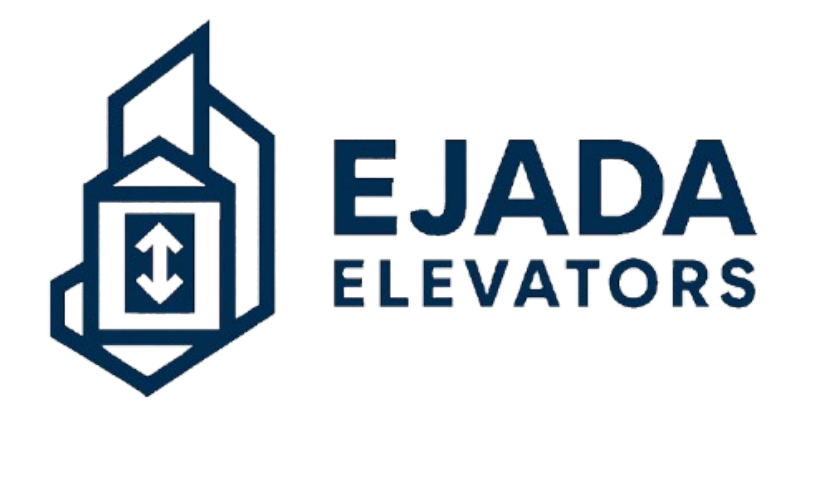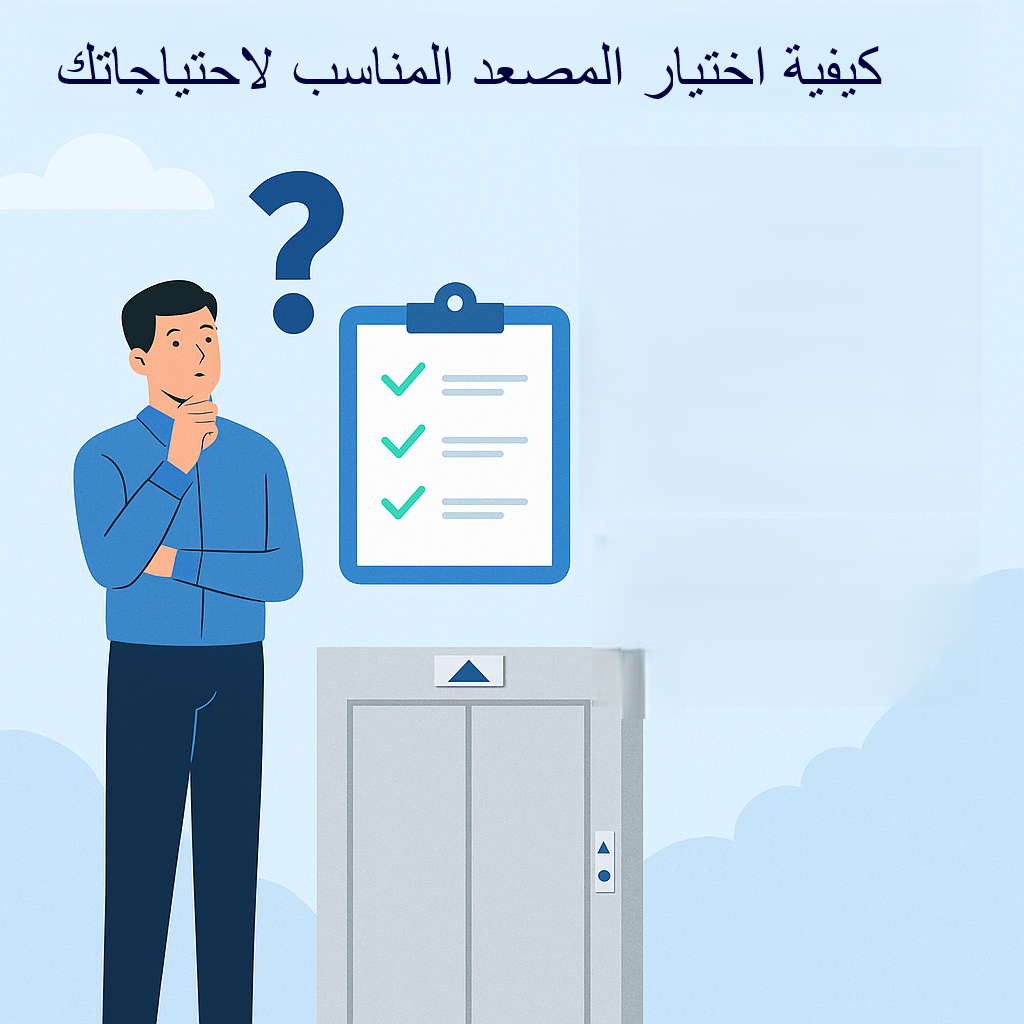
Introduction
Whether you’re planning to install a home elevator or looking for a vertical transport solution for a commercial building, choosing the right elevator is a critical decision. It directly impacts safety, comfort, and long-term efficiency. But with so many options on the market, it can be overwhelming without a clear guide.
In this article, we provide a simple yet comprehensive guide to help you understand elevator types, what to consider, and how to choose the best system for your specific needs—whether it’s for a home, office, store, or public building.
—
1. Start by Identifying the Purpose
Before diving into technical specs, define the main objective of the elevator:
Is it for residential or commercial use?
Will it carry people, goods, or both?
Is the building under construction or already built?
❗ Note: Home elevators differ significantly in size and cost compared to elevators used in hospitals or shopping centers.
—
2. Choose the Right Capacity and Load
Elevator capacity is usually measured in kilograms or number of people. Here are some common ranges:
Home elevators: 250 – 400 kg (3–5 people)
Small commercial elevators: 450 – 630 kg
Public/hospital elevators: 1000 kg or more
Choose based on expected number of users and daily usage frequency.
—
3. Understand the Main Elevator Types
▪️ Traction Elevators
Use ropes and electric motors to move the cab
Faster and more energy-efficient
Ideal for high-rise buildings
▪️ Hydraulic Elevators
Use fluid pressure to raise and lower the cab
Less expensive to install but slower
Best suited for low- to mid-rise buildings
—
4. Consider Available Space and Dimensions
You’ll need to assess:
Shaft space (vertical opening in the building)
Pit depth (space beneath the elevator)
Overhead clearance for the machine room (if required)
💡 MRL (Machine Room-Less) and pitless elevators are great options for buildings with limited space.
—
5. Make Safety a Priority
Ensure the elevator includes:
Emergency stop and alarm systems
Door sensors and interlocks
Backup power or battery lowering
Compliance with local and international safety standards
—
6. Ask About Warranty & Maintenance
Don’t base your decision on price alone. Look for:
A minimum 2-year warranty
Availability of 24/7 maintenance and emergency services
Quick response time for repairs and inspections
—
Conclusion
Choosing the perfect elevator isn’t just a technical decision—it’s a long-term investment in your property’s safety, accessibility, and value. By following this guide, you can avoid costly mistakes and select a system that fits your unique requirements.
📞 Need a free consultation? Contact our team today—we’re happy to help


لا تعليق